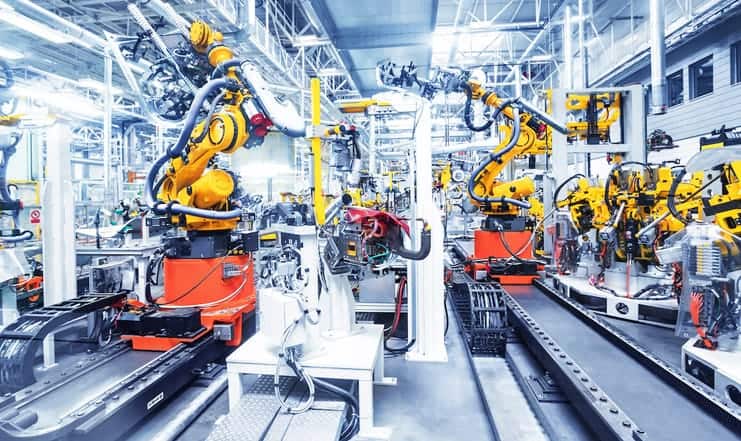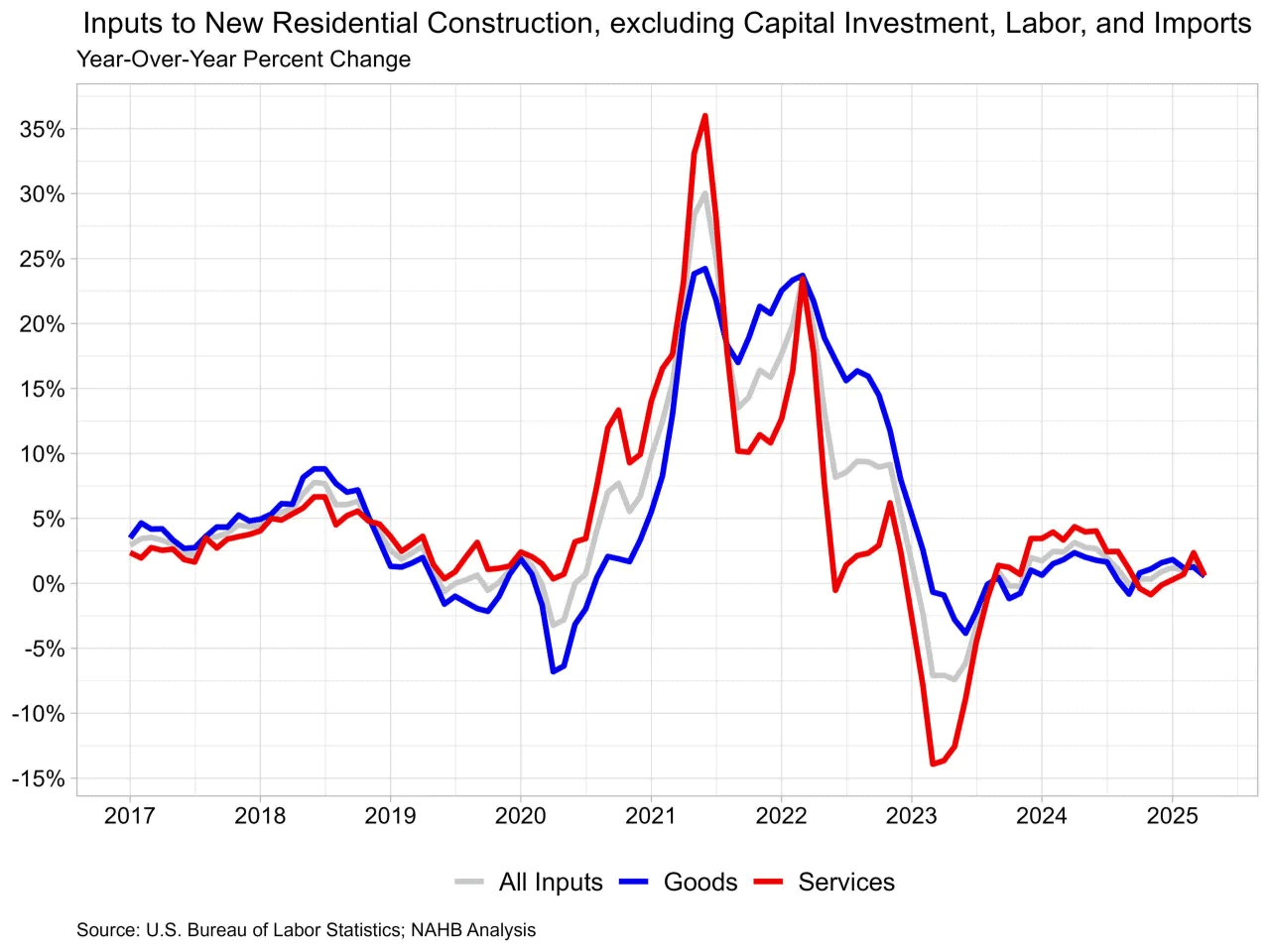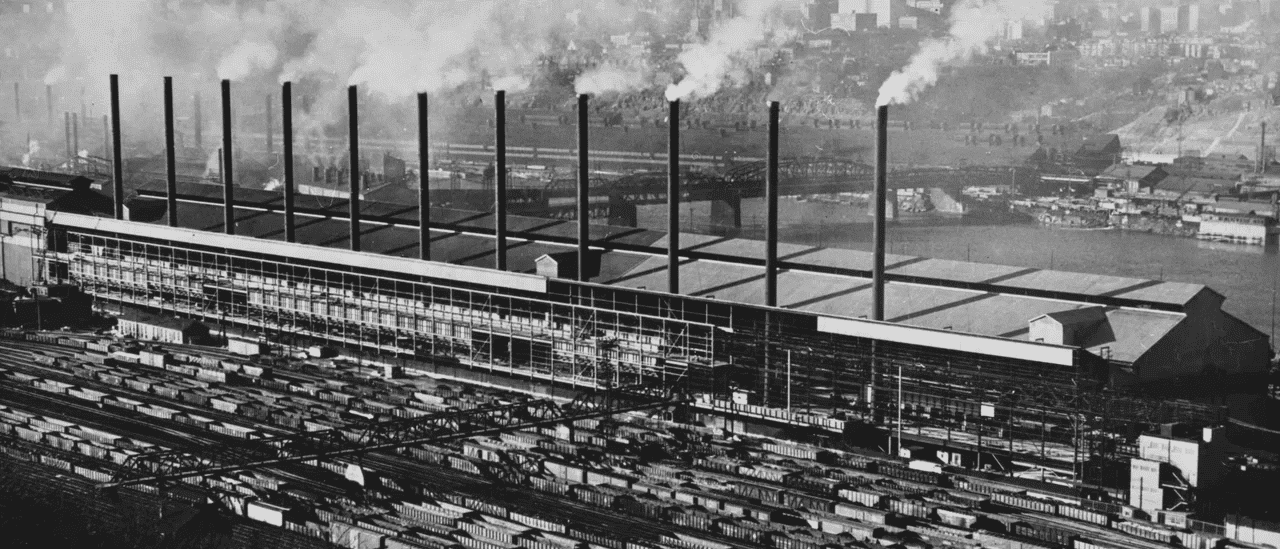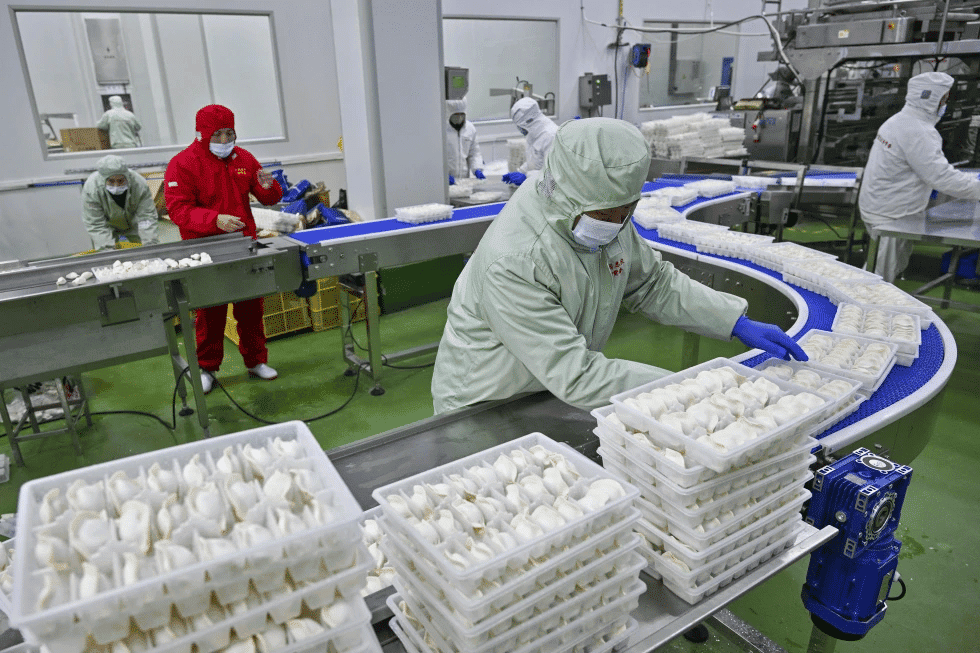
A contract manufacturer is a company that produces products on behalf of a seller. They can make a wide range of different products, including cosmetics and pharmaceuticals.
They can save a lot of money because they can produce your product at scale. They also have access to raw materials, and can improve the efficiency of production processes.
Cost-effectiveness
A contract manufacturer can save a company money by allowing it to focus on the design of a product. They can also offer economies of scale by purchasing raw materials in bulk. However, they must be able to provide accurate estimates for the cost of labour and material to produce the product. They should also be able to preserve intellectual property rights throughout the manufacturing process.
When choosing a contract manufacturer, it’s important to choose one that has experience and a good reputation. Make sure to review their portfolio and analyze their previous clients’ work. Additionally, make sure they communicate well. If they take a long time to respond or misunderstand your requests, consider looking elsewhere.
In addition to providing cost-effectiveness, contract manufacturers can also improve a business’s quality. They can reduce costs by eliminating the need to juggle multiple vendors and can improve the overall production cycle. They can also reduce labor costs by allowing businesses to use their existing resources for other purposes.
However, companies should be cautious about giving away their design and formula to contract manufacturers. It may violate intellectual property laws. Moreover, some contract manufacturers might sell the company’s formula to another client and cause damage to the business. These unethical practices can harm a brand’s reputation and hamper its growth. Follow Khatabook for the latest updates, news blogs and articles on micro, small and medium businesses.
Time-to-market
A contract manufacturer is a company that can build and ship a product to its client within a set timeframe. This is an important factor for companies that want to get a new product on the market quickly. Contract manufacturers typically work on a cost-plus basis, meaning that they will calculate how much it will cost to build the product and then add in their profit margin. This allows them to offer competitive prices and reduce lead times.
When choosing a contract manufacturer, it is important to consider the company’s expertise and experience. Make sure that they have a long track record and have worked with multiple clients. They should also be able to adapt to the needs of each customer, including changing batch sizes and increasing production capacity.
Contract manufacturing can be a great option for companies that need to increase their production capacity or are looking for ways to improve the quality of their products. Contract manufacturers are experts in their field and have access to the latest technology. They can also help to reduce the costs of raw materials by leveraging economies of scale.
However, it is important to remember that contract manufacturers have other customers, so there is a risk that they will produce a competitor’s product before yours. This is something that most companies mitigate by working cohesively with their contract manufacturer and rewarding good performance.
Product quality
The quality of the product manufactured by contract manufacturers is vital to a company’s success. It is a critical factor that influences product sales, brand reputation, and customer satisfaction. Moreover, it can affect the profitability of the business. Therefore, it is important for companies to partner with contract manufacturers that offer high-quality products at affordable prices.
To ensure consistent quality, contract manufacturers should have a robust system of quality assurance. This includes a comprehensive quality policy statement, measurable quality objectives, and documentation of processes and procedures. Moreover, they should use serialization and traceability to monitor product quality and compliance with regulatory requirements. These systems can also improve supply chain coordination and reduce inventory management costs.
A contract manufacturer’s quality process should be monitored and audited regularly. The frequency of these audits should be based on risk assessment, the criticality of the product, and the contract manufacturer’s historical performance. Additionally, the contract manufacturer should maintain a qualified QC workforce to assess and monitor product quality.
Contract manufacturing can be a great solution for businesses that want to produce their own products but don’t have the resources or expertise. Using a contract manufacturer can help increase profits and free up valuable resources that can be used to invest in other projects. Moreover, the company can get access to a wider range of production facilities and gain experience in the field.
Scalability
Scalability is the ability of a system or software to handle increased workload volumes. It can be accomplished by adding more hardware or integrating additional infrastructure into an existing one. There are two types of scalability: vertical and horizontal. Vertical scalability increases performance capabilities within a single logical unit, while horizontal scalability adds storage nodes to a networked system cluster.
Contract manufacturers offer many scalability benefits, including decreased product development time, reduced production costs and improved economies of scale. They can also help reduce risk by taking on the risks of manufacturing, allowing companies to focus on their core business.
However, scalability is not without its challenges. Choosing a contract manufacturer that can provide the right level of scalability is essential. A scalable partner will be able to increase capacity and production volume at short notice. They will also be able to provide technical expertise and experience in product build for a variety of different industries.
Contract manufacturers generally charge based on a cost-plus model. This means that they estimate the total cost of labor and materials, then add their profit margin to arrive at an invoice. This allows them to provide a comprehensive quote that includes all the necessary components for a successful project. They will also be able to accommodate changes in the design during production.






























